Thoughtful people
We look for people who grasp the principles of self-governance, equality under the law, natural law, individual property rights, limited government, and the necessity of education for the development of virtue; they also understand current challenges to free and open societies, and have the necessary skillset to address them.
Individual responsibility
By this we mean that individuals understand themselves as members of a community and possess a sense of duty to provide for the good of the community and promote its general well-being.
Virtue
No community can be free without the development of virtuous citizens. The Bill of Rights Institute has identified several virtues the Founders believed were required of free citizens of a republic. By studying primary sources, notably the Federalist Papers and the Autobiography of Ben Franklin, we established the “Founders’ Virtues” which include justice, courage, perseverance, moderation, self-governance, and many others. Virtue is defined as: Conduct that reflects universal principles of moral and ethical excellence essential to leading a worthwhile life and to effective self-government. For any leading Founders, attributes of character such as justice, responsibility, perseverance, etc., were thought to flow from an understanding of the rights and obligations of men.
Examples of civic virtues:
Courage
Standing firm in being a person of character and doing what is right, especially when it is unpopular or puts you at risk.
Humility
To remember that your ignorance is far greater than your knowledge. To give praise to those who earn it.
Responsibility/Prudence
To strive to know and do what is best, not what is most popular. To be trustworthy for making decisions in the best long-term interests of the people and tasks of which one is in charge.
Justice
To stand for equally applied rules and to make sure everyone obeys them.
Perseverance
To stay the course, choosing not the easy path, but rather the right one.
Contribution
The discovering of your passions and talents, and the use of them to create what is beautiful and needed. Working hard to take care of yourself and those who depend on you.
Respect
To protect your mind and body as precious aspects of your identity. To extend that protection to every other person you encounter.
Integrity
To tell the truth, expose untruths, and keep your promises.
Self-Governance/Moderation
To be self-controlled, avoiding extremes, and to not be influenced or controlled by others.
Source: The Bill of Rights Institute
